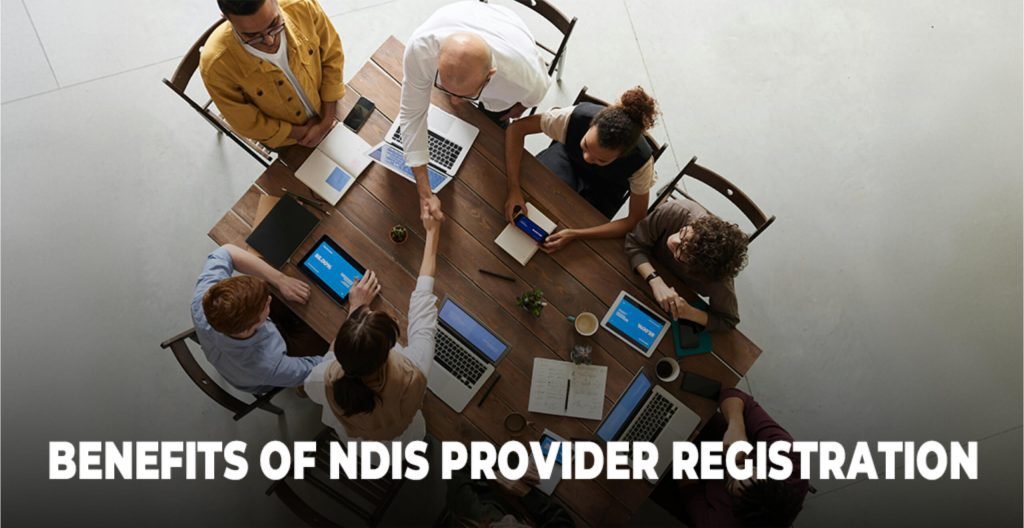Starting an NDIS business can be both exciting and challenging. For new NDIS providers, ensuring compliance with the National Disability Insurance Scheme (NDIS) requirements is crucial for delivering high-quality services and maintaining registration. In this blog, we’ll cover essential tips to help you navigate NDIS provider compliance effectively.
Understanding NDIS Compliance
NDIS provider compliance refers to adhering to the standards and regulations set by the NDIS Quality and Safeguards Commission. Compliance ensures that providers deliver safe, high-quality services to participants and operate within the legal and ethical framework of the NDIS.
Essential Tips for NDIS Provider Compliance
- Familiarise Yourself with NDIS Standards
Before you begin, it’s vital to understand the NDIS standards that govern service delivery. These standards cover various aspects, including participant rights, service delivery, and organisational governance. Thoroughly reviewing the NDIS Practice Standards and the NDIS Code of Conduct will provide a solid foundation for your compliance efforts.
- Develop Comprehensive Policies and Procedures
Create detailed policies and procedures that align with NDIS requirements. These should cover key areas such as participant support, safety, and staff qualifications. Ensure your documentation is clear, up-to-date, and accessible to all team members. Having robust policies in place helps demonstrate your commitment to compliance during NDIS audits and inspections.
- Implement Effective Training Programs
Staff training is a critical component of compliance. Invest in regular training for your team to ensure they are knowledgeable about NDIS standards and understand their roles in maintaining compliance. Training should cover areas such as participant rights, data protection, and safety protocols.
- Conduct Regular Internal Audits
Internal audits are an effective way to assess your organisation’s adherence to NDIS standards. Conduct regular internal audits to identify potential areas of non-compliance and address them proactively. This practice not only helps you stay on track but also prepares you for formal NDIS audits.
- Maintain Accurate and Detailed Records
Proper record-keeping is essential for demonstrating compliance. Maintain accurate records of service delivery, staff training, and participant interactions. Ensure that all documentation is organised and readily available for review during audits or inspections.
- Engage with the NDIS Quality and Safeguards Commission
Build a positive relationship with the NDIS Quality and Safeguards Commission. Regularly engage with the Commission for guidance and updates on compliance requirements. Their resources and support can be invaluable in navigating any challenges you may encounter.
- Stay Updated on NDIS Changes
The NDIS landscape is dynamic, with policies and regulations evolving over time. Stay informed about any changes to NDIS requirements and adjust your practices accordingly. Subscribe to updates from the NDIS Quality and Safeguards Commission and participate in relevant industry forums to keep abreast of new developments.
- Seek Professional Advice
Consider working with an NDIS consultant who can offer expert advice and support in maintaining compliance. A consultant can provide insights into best practices, assist with documentation, and help you navigate complex compliance issues.
- Promote a Culture of Compliance
Fostering a culture of compliance within your organisation is crucial. Encourage open communication about compliance matters and involve your team in maintaining high standards. By prioritising compliance in your organisational culture, you enhance the quality of services provided and ensure ongoing adherence to NDIS requirements.
- Prepare for Audits and Inspections
Being prepared for NDIS audits and inspections is key to ensuring smooth compliance. Regularly review your practices, conduct mock audits, and address any issues that arise. Ensuring that your documentation is complete and your staff are well-trained will contribute to a successful audit outcome.
Conclusion
Navigating NDIS provider compliance requires diligence, preparation, and ongoing commitment. By understanding NDIS standards, developing comprehensive policies, investing in staff training, and maintaining accurate records, you can effectively manage compliance and deliver high-quality services to participants. Staying informed, engaging with the NDIS Quality and Safeguards Commission, and fostering a culture of compliance will help you succeed as a new NDIS provider and ensure the continued success of your business.
Explore new opportunities for growth and boost your compliance strategies by uncovering areas for improvement with our comprehensive, timed quiz. Engage in this interactive experience to sharpen your skills and ensure that your compliance efforts are more effective than ever! ,, Start Your NDIS Compliance Now









